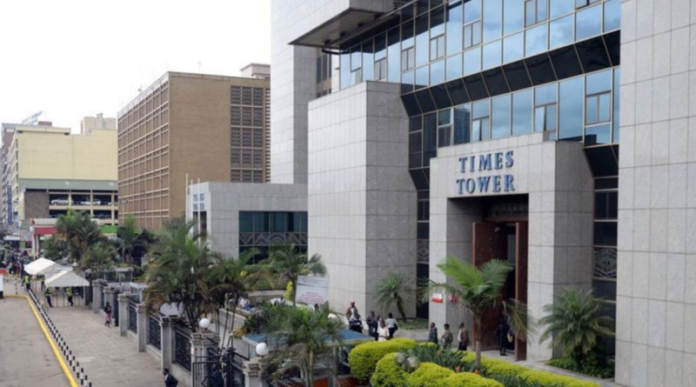The Kenya Revenue Authority (KRA) has reported a shortfall of Sh163.46 billion in its revenue collection for the first half of the 2024-2025 financial year, missing its target by a significant margin.
The taxman collected Sh1.07 trillion between July and December 2024, falling short of the Sh1.23 trillion target necessary to meet the full-year goal of Sh2.47 trillion.
The shortfall comes amidst ongoing challenges for the government following the rejection of the Finance Bill, 2024, which proposed several tax hikes. The bill was dropped after widespread protests earlier in the year, leaving the government grappling with the financial implications.
Despite missing its target, KRA’s collections were still Sh23.15 billion higher than the same period last year, indicating a slight improvement, though not enough to bridge the gap. The increase is seen as a positive development, considering the broader fiscal challenges.
The government has faced increasing pressure over tax matters, especially after President William Ruto abandoned the Finance Bill due to public opposition. This has led to concerns about the government’s ability to raise adequate funds for its budget.
Parliamentary Budget Office Suggests Enhancing Tax Administration
The Parliamentary Budget Office (PBO) has suggested that the government focus on improving tax administration rather than introducing new taxes.
In its latest review, the PBO emphasized that enhancing the enforcement of existing tax policies, utilizing data analytics, and adopting technology-driven solutions could help boost revenue without burdening Kenyans with additional taxes.
“Rather than relying on the introduction of new tax policies that are likely to create new tax burdens on Kenyans, the government may focus on improving tax administration through better enforcement of current tax policies, enhanced data analytics, and increased use of technology to simplify tax processes and improve tax compliance,” the PBO stated.
Increased Government Spending Amid Revenue Shortfall
Despite the revenue shortfall, the first-half collections have allowed the government to continue its critical development projects and pension payments. In the first half of the year, Sh129.82 billion was allocated to development projects, marking an 84.4% increase from last year’s Sh70.4 billion. This increase in spending aims to support national growth, particularly in infrastructure, after constrained spending in previous years due to high debt servicing.
Pension payments to retired civil servants also saw a 44% rise, reaching Sh82.8 billion compared to Sh59 billion during the same period last year. These efforts highlight the government’s commitment to national development and the welfare of senior citizens, despite challenges in meeting its revenue targets.
As the government looks to address its fiscal challenges, there may be further efforts to explore avenues for enhancing tax compliance and revenue collection without provoking public unrest.







